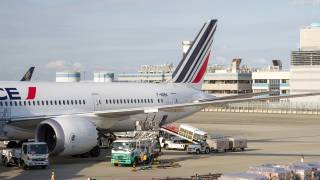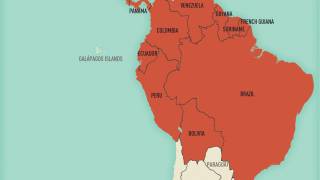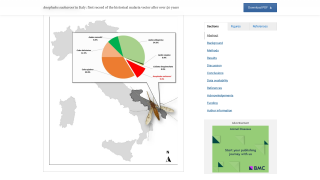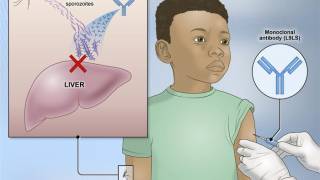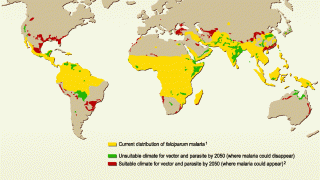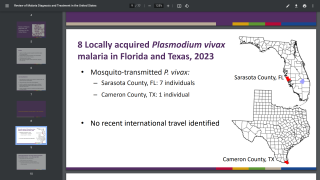$6.3 Billion Needed Annually to Defuse Malaria Outbreaks

Leaders from Africa convened during the 79th United Nations General Assembly on September 25, 2024, calling for a concerted effort against a “Perfect Storm” threatening to derail decades of progress in the fight against Malaria in Africa.
The leaders identified vital challenges contributing to this perfect storm, including significant financial shortfalls and the growing resistance to insecticides and antimalarials.
"To secure $6.3 billion annually (is needed) to achieve malaria elimination, accelerated action is necessary," stated His Excellency Abderaman Koulamallah, Minister of State, Minister of Foreign Affairs, African Integration, Republic of Chad, in a press release.
These leaders stated that if malaria resources stagnate between 2027 and 2029, there could be an additional 112 million malaria cases and up to 280,700 related fatalities.
While the United States reports very few locally acquired malaria cases, the U.S. Centers for Disease Control and Prevention says millions of residents travel to countries (Africa) where Malaria is present.
During 2024, most malaria cases in the U.S. were related to international travelers in Miami, Florida, and Los Angeles, California.
Of imported malaria cases in the U.S., 59% were among persons who had traveled from Africa.
From a prevention option, the World Health Organization (WHO) recommends both the Mosquirix™ (RTS,S/AS01) and R21 / Matrix-M™ malaria vaccines.
These malaria vaccines were added to the WHO list of prequalified vaccines and are available in Africa but not the U.S.
Our Trust Standards: Medical Advisory Committee









